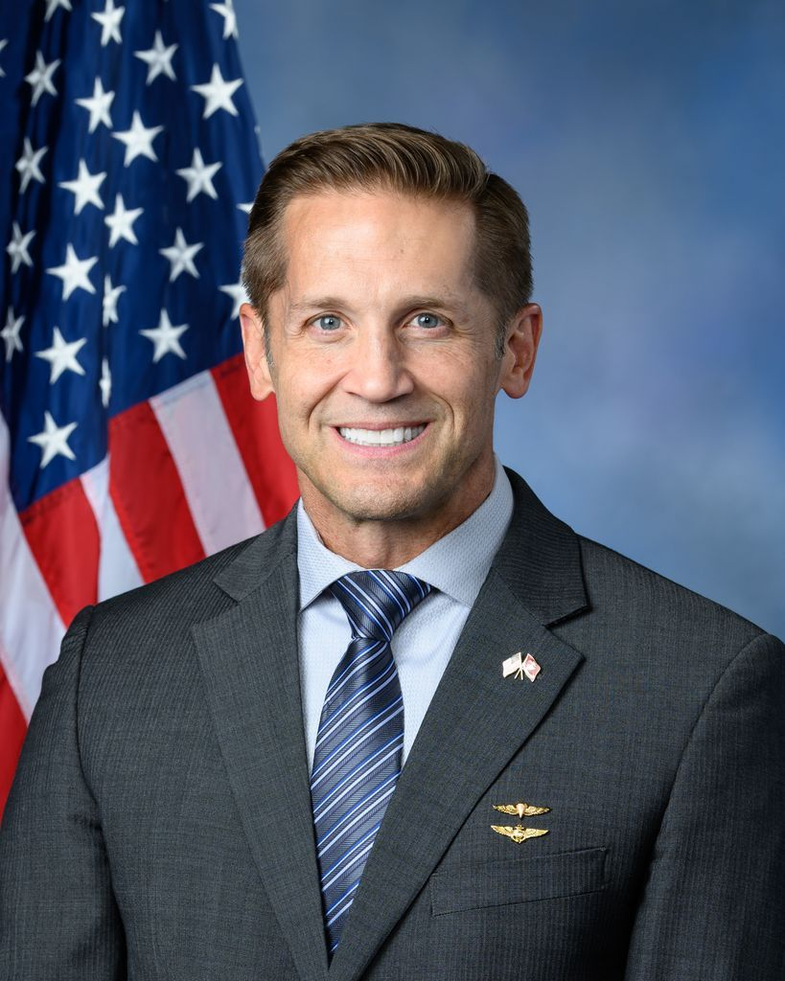H.R. 3223: To amend the Internal Revenue Code of 1986 to establish procedures relating to the attribution of errors in the case of third party payors of payroll taxes, and for other purposes.
This bill proposes changes to the Internal Revenue Code of 1986 concerning how errors are handled when third parties pay payroll taxes on behalf of employers. The key components of the bill are as follows:
Attribution of Errors
The bill introduces a new section that outlines how third-party payors of payroll taxes can address errors in the certifying documents provided by employers. Here are the critical aspects:
1. Certification
A third-party payor (like a payroll service) can rely on the certifications made by the employer unless they have "constructive knowledge" (they knew or should have known) of an error in such certification. A certification can include various documents or representations made by the employer.
2. Liability for Errors
The bill specifies the liability of third-party payors in case of errors:
- If a third-party payor knows about an error, the employer is primarily responsible for the error, while the third-party payor is responsible only for the portion of liability they were aware of.
- If the third-party payor did not know about the error, the employer bears full responsibility for any resulting liability.
3. Definition of Liability
“Liability” in this context means any amounts that are due under the payroll tax requirements, along with any associated interest or penalties.
4. No Delays Due to Errors
The bill states that the Secretary of the Treasury may not delay processing any payroll tax credit claimed by a third-party payor on behalf of an employer solely because of an erroneous return filed by the third-party payor, provided they relied on another employer's certification.
5. Record Retention
The Secretary may require third-party payors to provide any relevant information they have about employers that the Secretary could request directly from those employers.
6. Definition of Constructive Knowledge
The bill defines "constructive knowledge" as knowledge that a third-party payor had or should have had regarding an error in a certification. However, for payroll tax credits, a third-party payor is not treated as having constructive knowledge if three specific conditions are met concerning the certification and verification process.
7. Definition of Third Party Payor
A "third-party payor" in this bill includes entities like fiduciaries, agents, professional employer organizations (PEOs), or certified professional employer organizations.
Effective Date
The proposed changes would apply to audits or assessments initiated after the bill is enacted.
Relevant Companies
- ADP: As a major payroll service provider, this bill could impact how ADP handles errors related to payroll tax certifications and its liability when errors occur.
- INTU: Intuit, which offers payroll services, may need to adjust its processes and liability structures based on the new standards for handling certification errors.
This is an AI-generated summary of the bill text. There may be mistakes.
Sponsors
19 bill sponsors
-
TrackMike Thompson
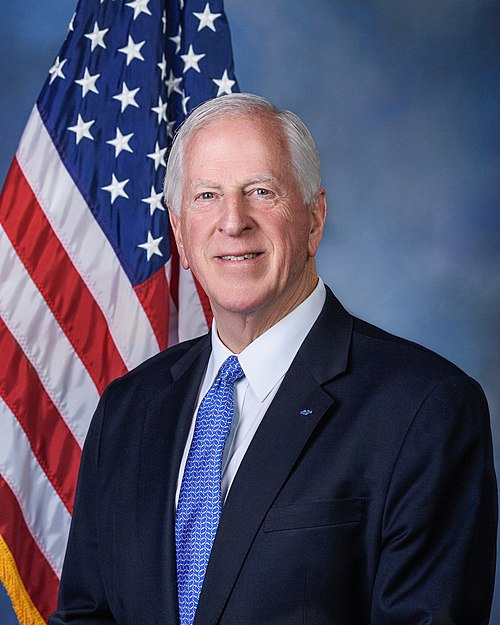
Sponsor
-
TrackBrendan F. Boyle
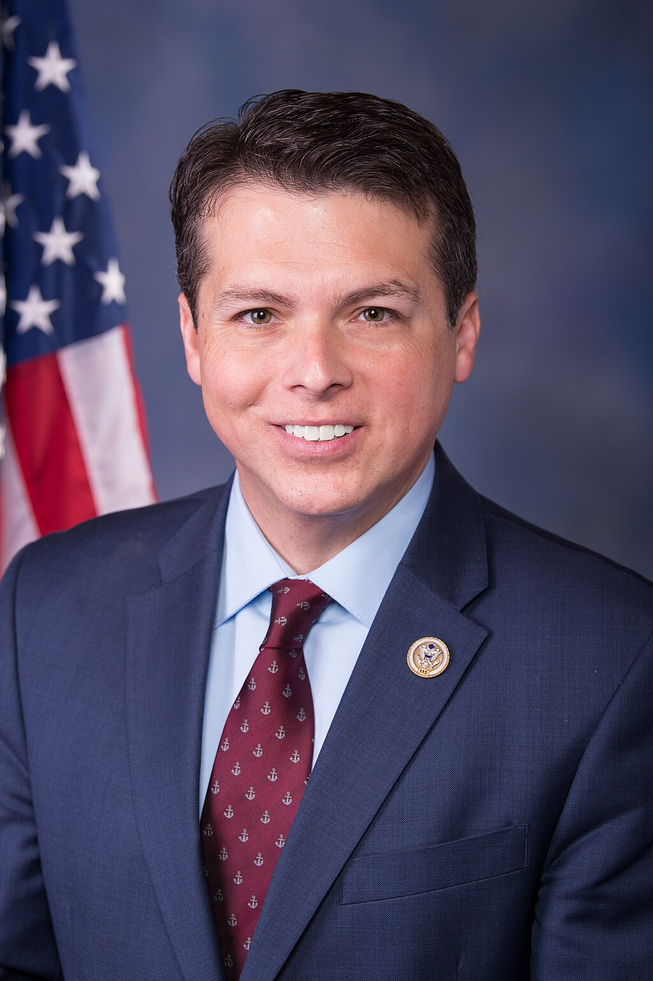
Co-Sponsor
-
TrackVern Buchanan
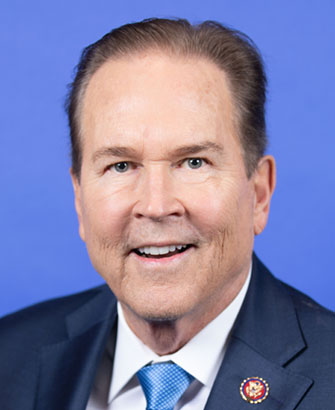
Co-Sponsor
-
TrackDanny K. Davis

Co-Sponsor
-
TrackSuzan K. DelBene

Co-Sponsor
-
TrackKevin Hern

Co-Sponsor
-
TrackSteven Horsford
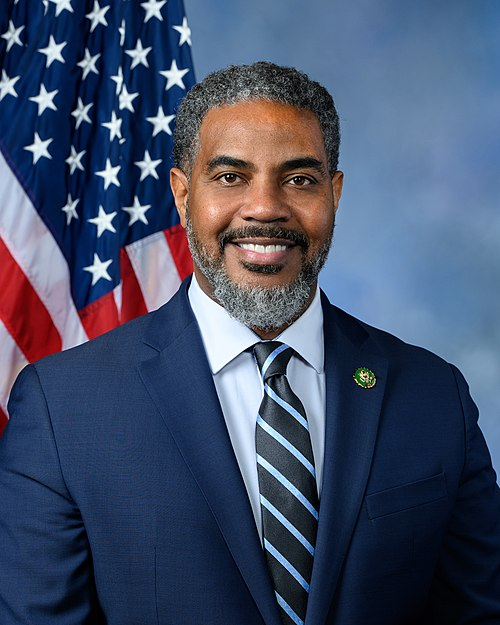
Co-Sponsor
-
TrackMax L. Miller
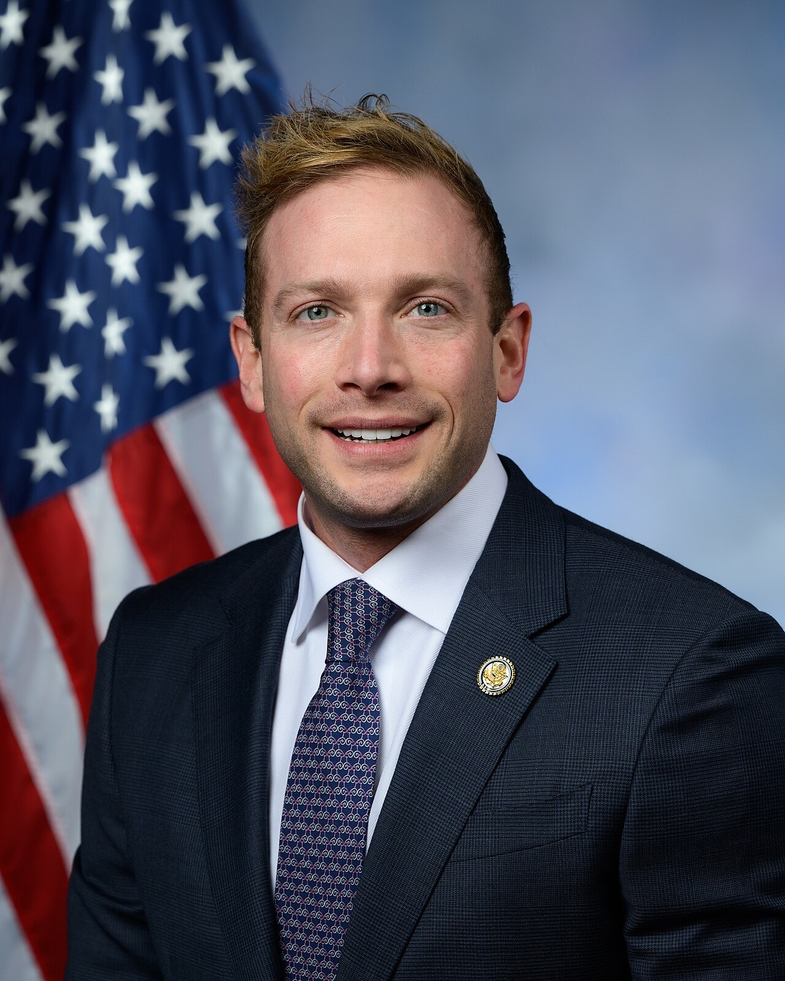
Co-Sponsor
-
TrackNathaniel Moran

Co-Sponsor
-
TrackZachary Nunn

Co-Sponsor
-
TrackJimmy Panetta
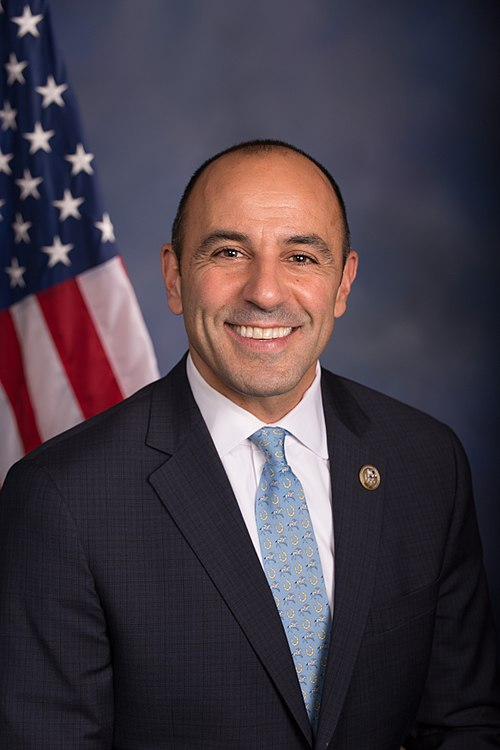
Co-Sponsor
-
TrackBradley Scott Schneider

Co-Sponsor
-
TrackTerri A. Sewell

Co-Sponsor
-
TrackW. Gregory Steube

Co-Sponsor
-
TrackThomas R. Suozzi

Co-Sponsor
-
TrackLinda T. Sánchez

Co-Sponsor
-
TrackClaudia Tenney

Co-Sponsor
-
TrackBeth Van Duyne

Co-Sponsor
-
TrackRudy Yakym III

Co-Sponsor
Actions
2 actions
| Date | Action |
|---|---|
| May. 06, 2025 | Introduced in House |
| May. 06, 2025 | Referred to the House Committee on Ways and Means. |
Corporate Lobbying
0 companies lobbying
None found.
* Note that there can be significant delays in lobbying disclosures, and our data may be incomplete.





